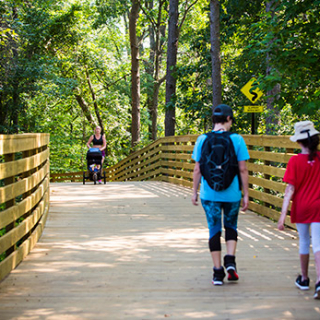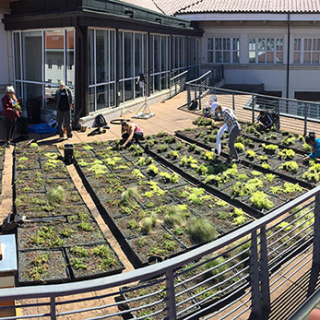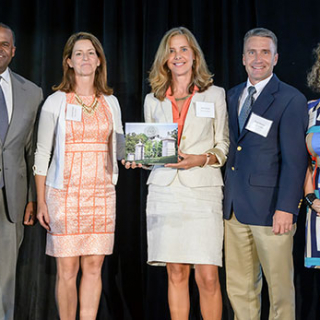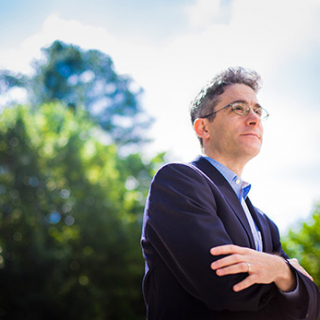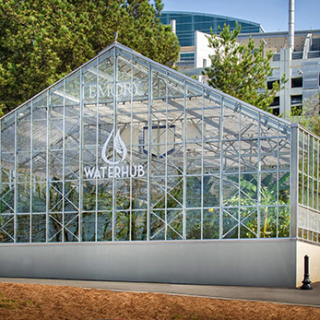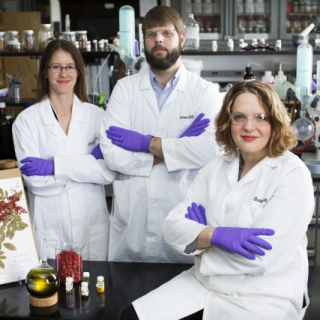Plans to develop a new bicycle/pedestrian trail that would link Emory’s Clairmont Campus to Mason Mill Park — and points beyond — are rolling forward, according to the PATH Foundation, an Atlanta nonprofit dedicated to developing public greenway trails.
